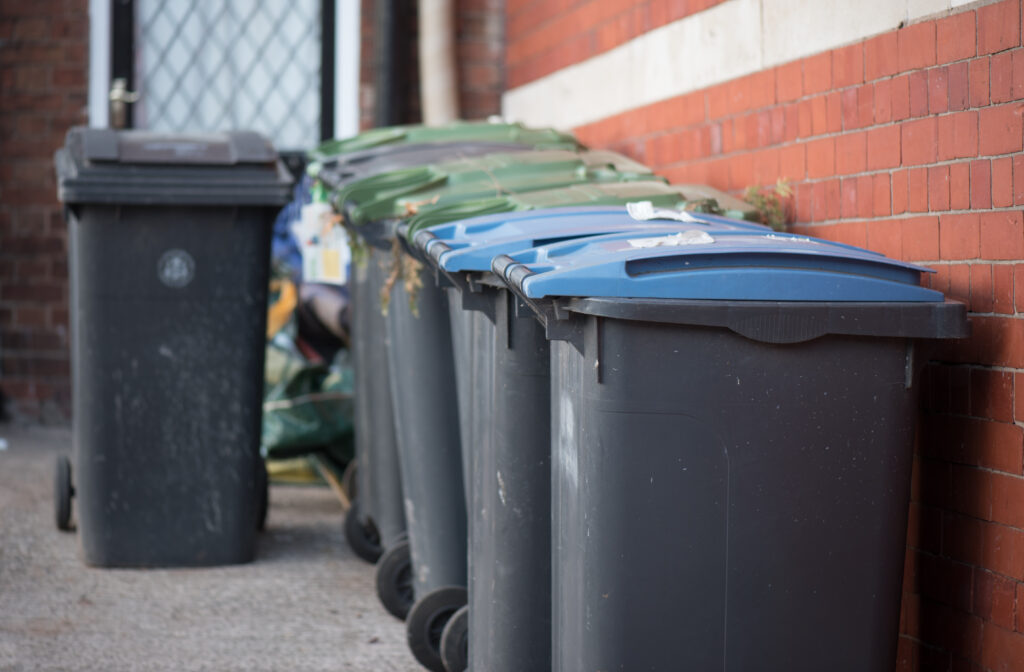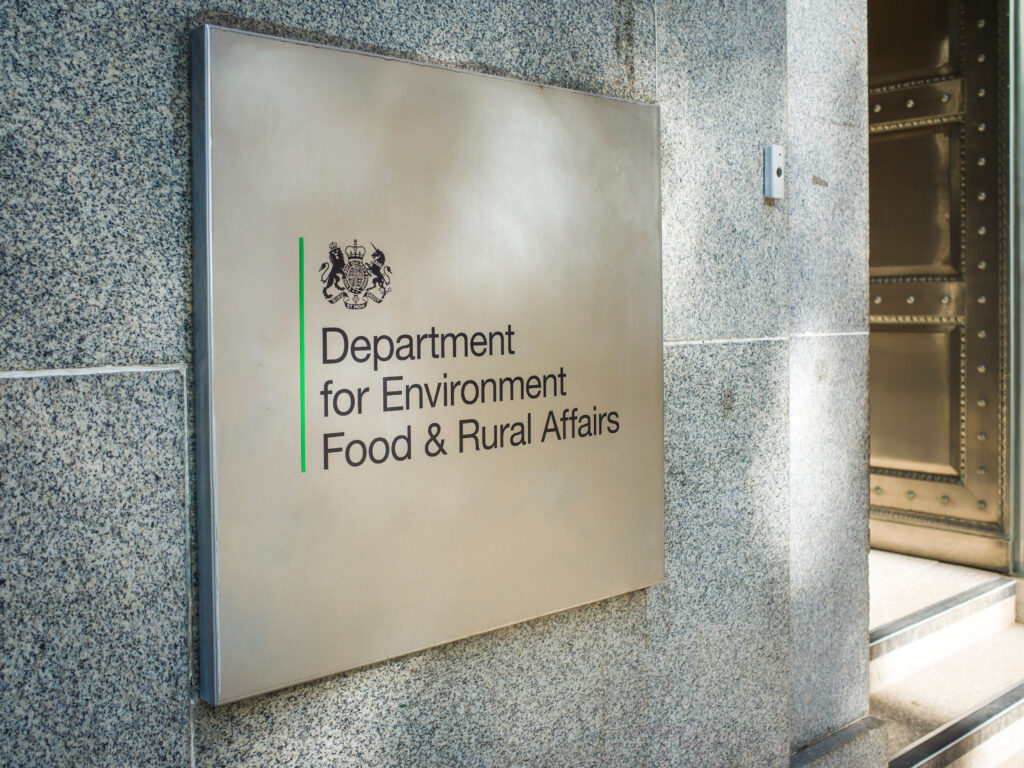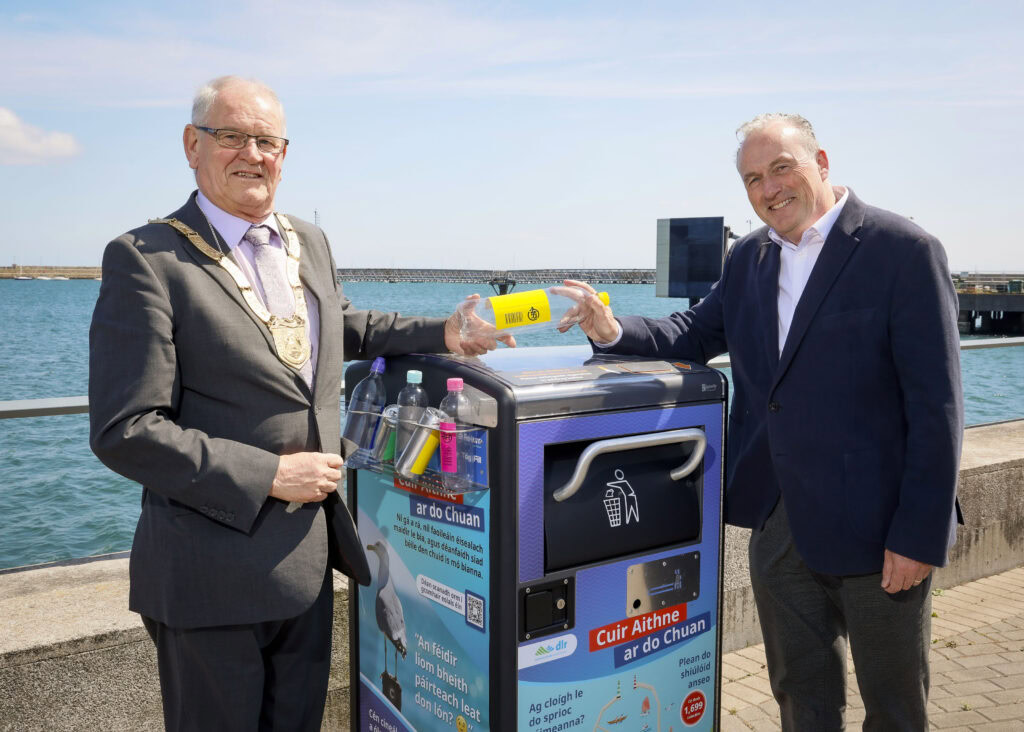The report, covering the period from April 2022 to March 2023, highlights a lack of progress in achieving targets outlined in the Environmental Improvement Plan (EIP) and the Environment Act 2021.
The OEP, which was legally formed in 2021 to monitor the government’s environmental activities, replacing the European Commission, said progress on waste reduction has been “hampered by the limited pace and scale of measures being implemented”.
While progress in areas such as waste crime is “encouraging”, the OEP said the low level of ambition in relation
to increasing resource efficiency and driving the management of materials up the waste hierarchy means progress towards government’s commitments is largely off track.
The OEP assessed 40 individual environmental targets, revealing that the government is off track for ten targets, partially on track for 11, and largely on track for only four.
The report identified key factors hindering progress, including delayed development and delivery of policies, strategies, and regulatory frameworks, inadequate resource allocation, and a lack of urgency in implementing positive actions.
The OEP reiterated recommendations from the previous year and called for effective implementation of the Environmental Improvement Plan 2023, clear and effective governance, delivery plans, achievable interim targets, and an effective monitoring and evaluation framework.
Challenges
Dame Glenys Stacey, chair of the OEP said: “While some progress has been made, substantial challenges remain. Our assessment is that government is largely off track to meet its ambitions and its legal obligations.

“Deeply, deeply concerning adverse environmental trends continue. With the depleted state of our natural environment and the unprecedented pace of climate change, it does seem to many that we are at a crossroads. It is not easy for us as a nation to choose the right path, the right trajectory and to travel together at the pace needed, but we simply must.
Waste
In the report the OEP has raised significant concerns about the effectiveness of the UK’s waste management policies highlighting that there is notable misalignment between the scale and pace of actions taken and the magnitude of the environmental challenge posed by waste management.
One major criticism from the OEP centres on the effectiveness of the government’s policy is around the delayed or incomplete implementation of waste management policies, including reforms in collection and packaging. Despite their development, these policies have yet to be fully introduced, contributing to an “overall inadequacy” in addressing the pressing waste management issues.
In terms of waste hierarchy implementation, the report reveals that actions to move waste management up the hierarchy are largely ineffective. The existing policy measures, lacking clear medium to long-term strategies, are deemed insufficient by the OEP and designed to deliver only partial improvements.
The report also expresses concerns about the effectiveness of measures taken to address waste crime. While waste crime has received additional attention, the report underscores that the continued scale of the challenge remains concerning. Insufficient measures and a lack of clear policies may impede the effective tackling of waste crime.
However, the report acknowledges that there are data gaps regarding material flows and waste. While more detailed information is available for municipal waste, the reliance on publicly available information, evidence reports, and expert judgment raises questions about the overall accuracy of the assessment.
Emissions
Highlighting the economic and environmental benefits of circular economy measures, the report emphasises that a greater focus on resources and circular economy initiatives could bring about positive outcomes. This approach is seen as having the potential to not only yield economic benefits but also reduce greenhouse gas emissions and mitigate risks associated with chemicals.
The report also highlights that the “last decade witnessed a notable increase in municipal waste incineration surpassing recycling and composting in 2018/2019” to become the primary municipal waste management method. This shift reflects a rise in the incineration of municipal waste from 12% to 44% over the past ten years.









Subscribe for free